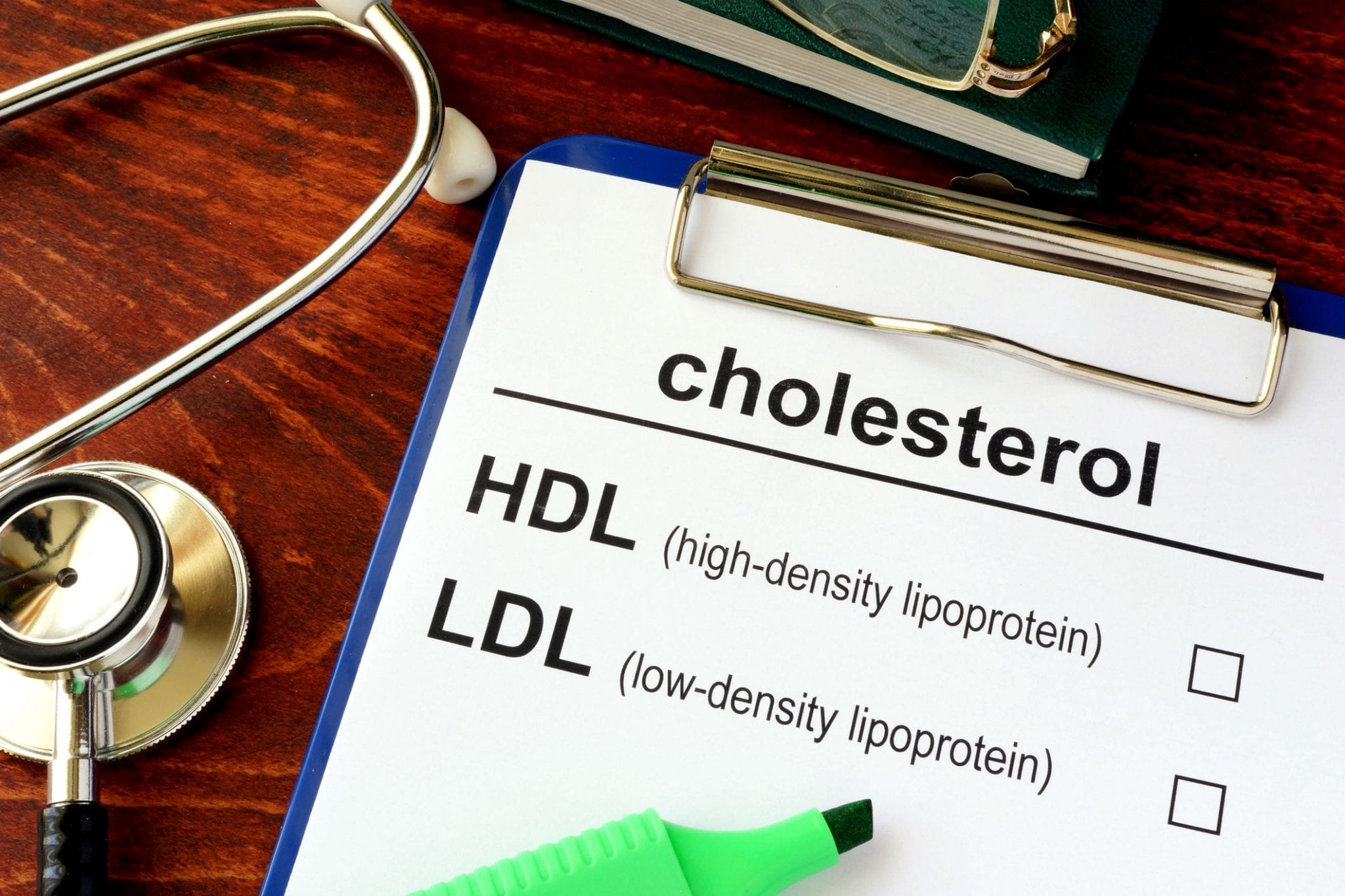<< Back
Why Coronary Calcium Testing is a Focus of New Cholesterol Guidelines

November 27, 2018
The recent introduction of new American College of Cardiology (ACC) and American Heart Association (AHA) cholesterol guidelines underscored the need for a more personalized approach to assessing cardiovascular disease risk, including more widespread use of coronary calcium testing, an approach long supported by Hartford HealthCare’s Preventive Cardiology Program.
The AHA, with the ACC, proposed new guidelines at its recent Scientific Session to address the management of high cholesterol, which leads to cardiovascular disease, the nation’s leading cause of death, affecting more than one third of Americans. The last guideline update was in 2013.
“Checking coronary calcium levels – also called calcium scoring – is a much more sensitive indicator of a person’s risk for cardiovascular disease,” says Dr. Lane Duvall, director of nuclear cardiology at Hartford Hospital, where calcium scoring tests are performed with non-invasive computed tomography (CT) scans. “Cholesterol levels, along with the person’s weight, lifestyle, cardiac risk factors and family history, is a good gauge of a person’s overall risk, but calcium scoring indicates if actual disease is present and is a better predictor of a person’s risk.”
This measurement of coronary calcium is key in some cases, he adds, to facilitate the clinician-patient risk discussion and help make the decision about starting cholesterol-lowering therapy. Because high cholesterol is known to increase a person’s lifetime risk of developing heart disease and stroke, treating the elevated cholesterol levels can decrease a person’s risk. High levels of low-density lipoprotein cholesterol (LDL-C) cause a buildup of fatty plaque and narrow the arteries. (The new guidelines include a LDL threshold of 70 milligrams per deciliter for people with a history of heart attack or stroke.)
Besides supporting calcium scoring, the AHA announcement:
- Promoted a healthy lifestyle as the first step in preventing and treating high cholesterol, including a heart-healthy diet, exercising regularly and limiting alcohol and tobacco.
- Expanded the population eligible for cholesterol testing. Selective testing may be suggested for children as young as 2 who have a family history of heart disease or high cholesterol.
- Encouraged the use of new cholesterol-lowering medications, prescribed with statins, for people who have had a heart attack or stroke and are at highest risk for another.
Still, Dr. Duvall has long believed in the merits of calcium scoring, which he says can pinpoint a patient’s risk level and help clinicians recommend effective treatment. Calcium scoring measures how hardened the arteries have become. People with no or low amounts of cardiovascular disease could get a zero score, with the highest risk category being a score of 1,000 or higher.
“At some point in the future, coronary calcium scoring may be considered routine medical care for both men and women over the age of 45 to 50, just as we have standardized mammography and colonoscopy screening,” says Dr. Duvall.
For more information on calcium scoring and other testing available at the Hartford HealthCare Heart & Vascular Institute, click here.